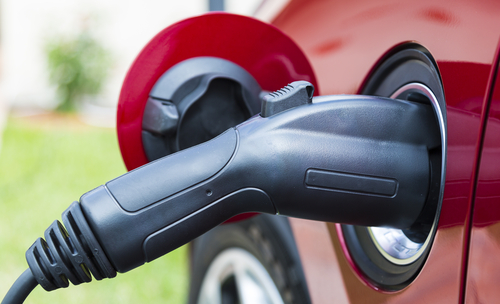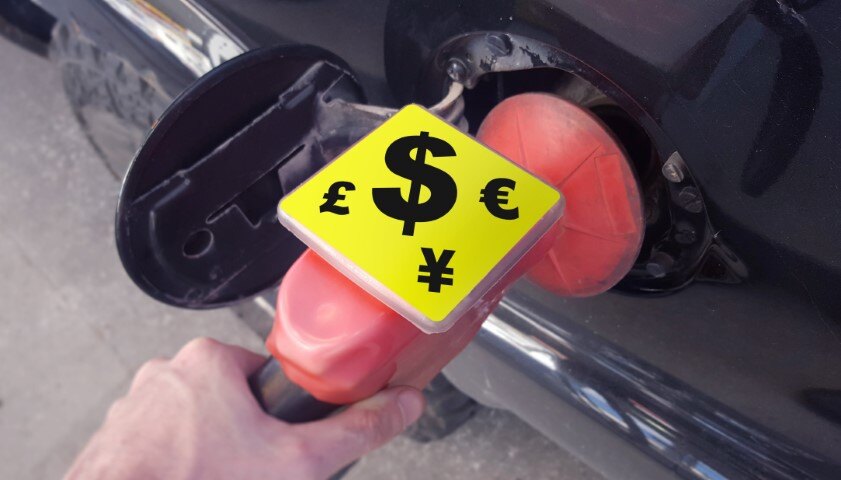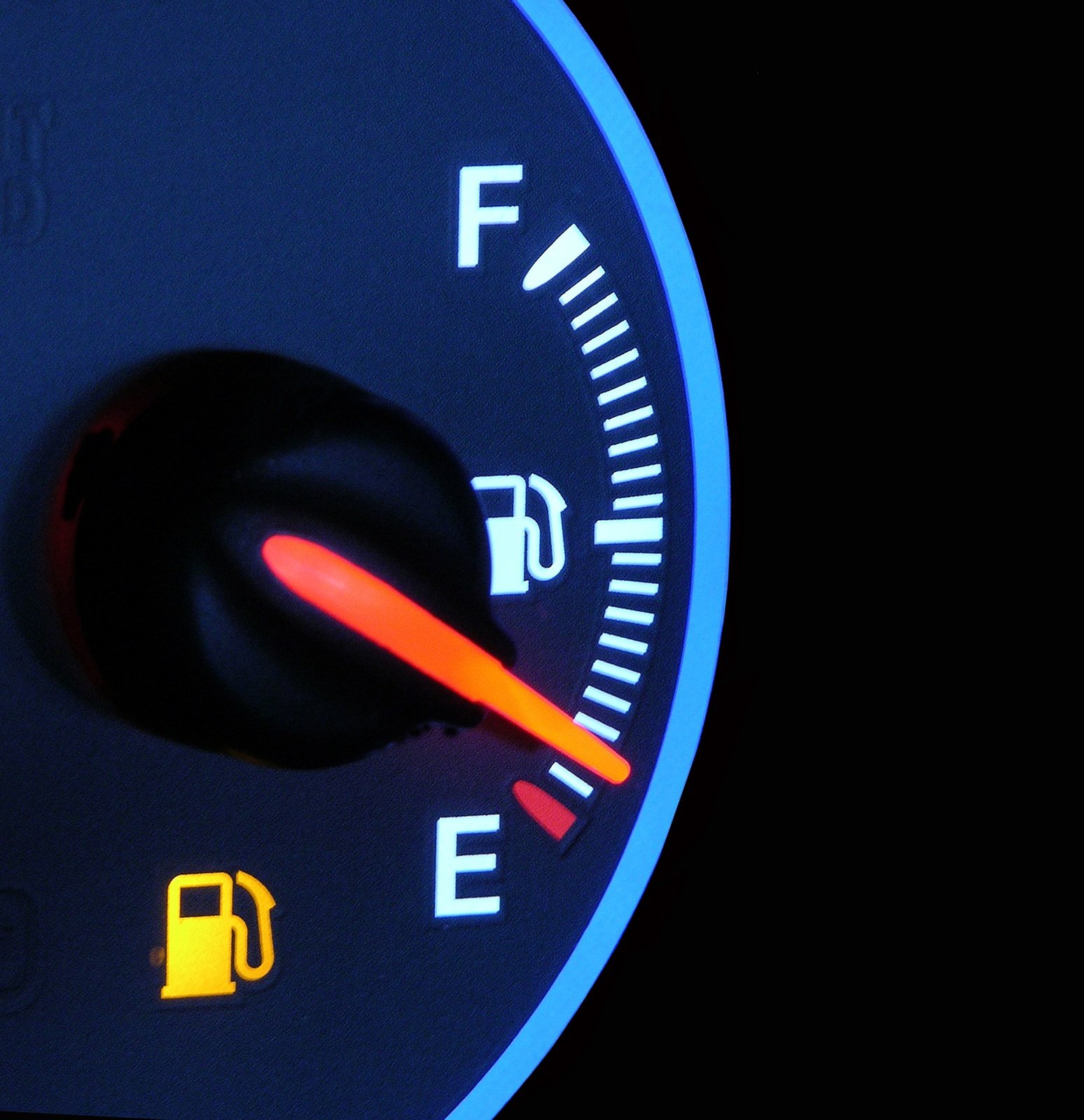Another hybrid misses the mark on gas mileage
Twitter is great for catching breaking news. We were looking on Twitter today and there are numerous references to a new report by Consumer Reports,...
1 min read
Bell Performance : Nov 26 2012

Did you ever wonder why it is almost impossible to duplicate the EPA city and highway mileage ratings for your vehicle?
This rating is usually found on the window sticker of a new vehicle and are supposed to give you, the consumer, an idea of what you could expect to get for mileage. But drivers are finding it difficult to approach these figures when they drive their purchases off the lot.
We are left asking are vehicle mileage ratings accurate or not?
 These mileage tests are performed on a dynamometer which allows a technician to drive the vehicle without taking it on the road. The technician sits in the driver seat and follows a set of instructions seen on a computer screen next to him. The test is identical for all vehicles so a fair comparison can be made. The instructions on the screen tell the technician when to start the engine, when to place the transmission in gear, how fast to drive and for how long. During this test the computer instructions will take the technician through a variety of different driving scenarios. One of the tests is to simulate city driving and one to simulate highway driving - so the EPA can come up two figures to reflect the two major styles of driving today (city and highway).
These mileage tests are performed on a dynamometer which allows a technician to drive the vehicle without taking it on the road. The technician sits in the driver seat and follows a set of instructions seen on a computer screen next to him. The test is identical for all vehicles so a fair comparison can be made. The instructions on the screen tell the technician when to start the engine, when to place the transmission in gear, how fast to drive and for how long. During this test the computer instructions will take the technician through a variety of different driving scenarios. One of the tests is to simulate city driving and one to simulate highway driving - so the EPA can come up two figures to reflect the two major styles of driving today (city and highway).
The problems with this test are the fact that there is no wind load on the vehicle as would be experienced on the highway, and that the test is conducted using pure gasoline with no ethanol. Ethanol only has 75% of the energy than gasoline, so the higher the concentration of ethanol in your gasoline, the lower your mileage will be. It is very common to receive different concentrations of ethanol at different gas stations and that will affect the mileage reading you get in real life. Ethanol is blended into the gasoline at the distribution level and not at the refinery, so there's a greater chance for errors in the level of ethanol actually found at whatever gas station you fuel up at.
The EPA recommended mileage ratings are intended to be guides for the consumer. So don't expect to really get that 32 mpg in the city that the dealer is showing you. If you're finding that your gas mileage isn't measuring up to what's expected, you could try a quality fuel additive like Mix-I-Go or Ethanol Defense that can help to restore some of that mileage.
Want to read more about getting better gas mileage? Click here for a list of gas mileage blog posts.

Twitter is great for catching breaking news. We were looking on Twitter today and there are numerous references to a new report by Consumer Reports,...

As if people didn't need more reasons not to consider the extra expense of buying a hybrid vehicle, in December reports started filtering through...

Most simply, fuel mileage is determined by dividing the number of miles you have traveled by the number of gallons of fuel consumed. But in the real...